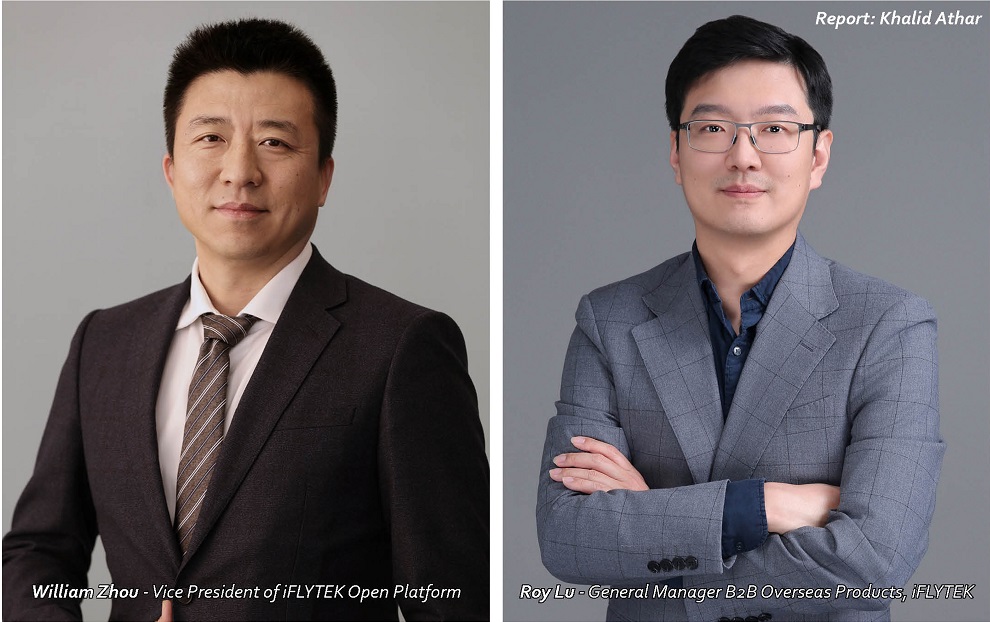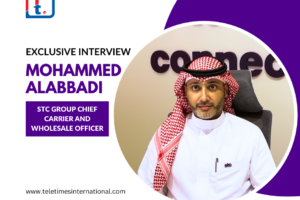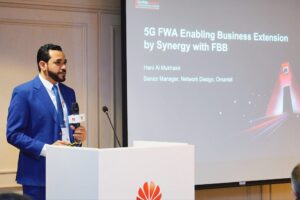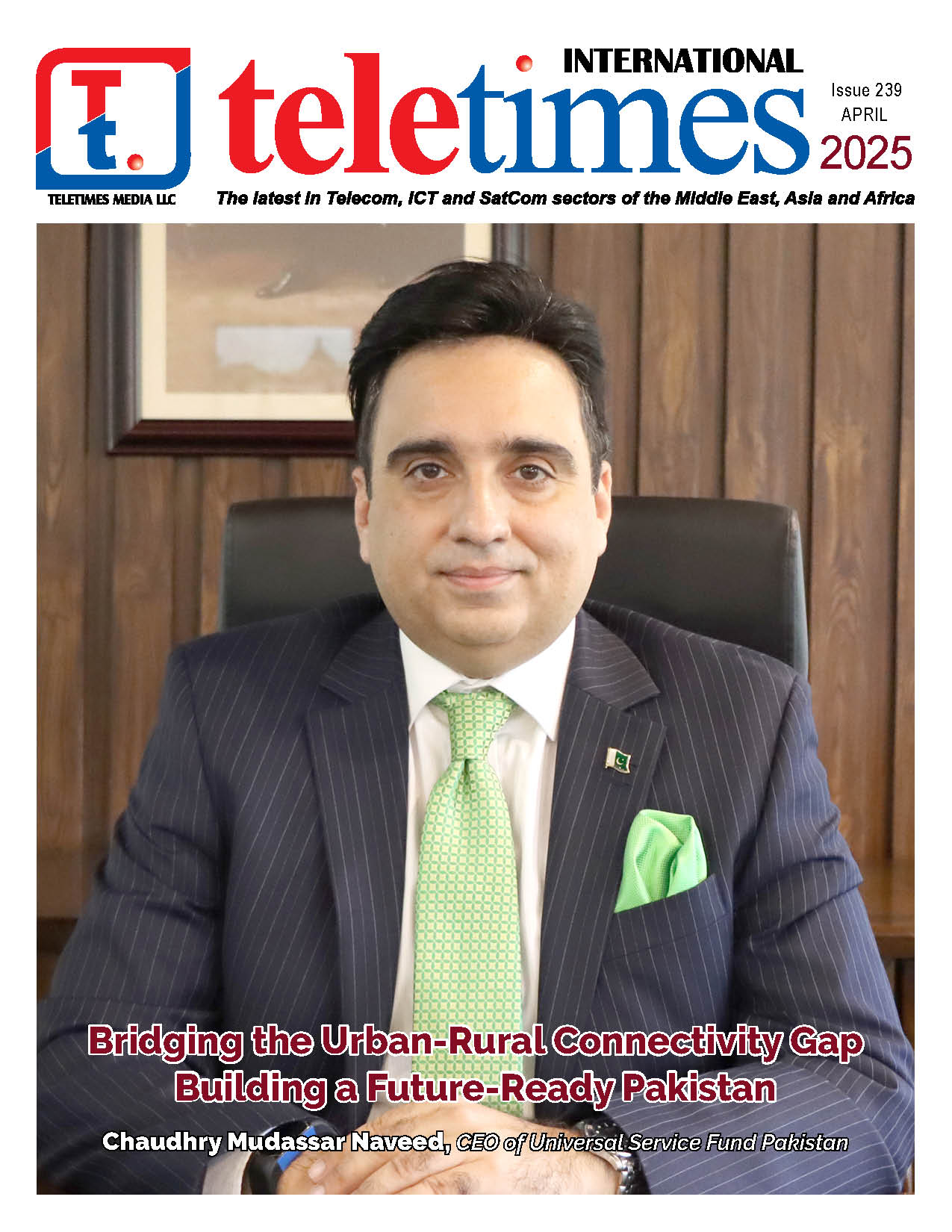William Zhou and Roy Lu shed light on iFLYTEK’s latest innovation – WallEX, a smart wall panel designed to elevate the user experience in homes, hotels, and commercial spaces. With built-in AI capabilities, local device integration, and offline functionality, WallEX is positioned as a game-changer in the smart home industry. (Q&A during MWC 2025)
Q: What are the key competitive advantages of WallEX compared to similar products in the market? What are its major innovations in terms of technology ecosystem, integration, and user experience?
Roy Lu: There are three main differences between our product and the competition.
First of all, as you see, WallEX is a smart wall panel. Be it 4 inches, 10 inches, or even bigger, it is a wall-mountable device. We mainly sell it to real estate builders. In completely furnished homes, villas, or apartments, all things are pre-programmed, configured, and installed prior to the homeowner’s occupancy. This means users don’t have to buy additional devices, configure Wi-Fi or Bluetooth, or manually connect other smart devices—professionals handle all of this in advance.
Second, all the IoT and ecosystem device connections are local. We employ Zero Connect, ZigBee, or Matter so that all the protocols work locally. This implies that even if your cloud service or Wi-Fi goes out, you can still remotely control your smart home devices. Most big businesses use cloud-based IoT platforms to provide 99.99% uptime. If there’s a Wi-Fi issue, there may be some limitations when using LLMs (Large Language Models) because they require an internet connection. However, we also provide offline commands, ensuring that basic functions remain operational.
Third, we provide customization services. WallEX can be a wake-up assistant, but in case developers, hotels, or resorts need their own customized wake-up call system, we can offer fully customized solutions.
Q: How does WallEX provide customized intelligent experiences for industries like hotels, commercial real estate, and airports? How does it adapt AI interaction modes and automation strategies to suit different environments?
Roy: That’s a great question. We are very familiar with smart home setups, particularly in villas and apartments. Now, let’s take a hotel or resort as an example. Hotel management focuses on two key aspects, guest satisfaction and secondly maintenance and energy costs. WallEX integrates seamlessly with PMS (Property Management Systems). When a guest checks in, the system automatically detects it and prepares the room. For instance, the air conditioning will turn on three to five minutes before the guest arrives, ensuring a perfect balance between comfort and energy efficiency.
Another instance is concierge support. For travelers, it is usually difficult to know where to find quality restaurants around. Through our LLM-based assistant, the guests can just inquire, “Where’s the closest restaurant?”, and the system will present customized advice based on their preferences.
Q: The Middle East is a major market for smart technology. Do you operate through distributors or work directly with end users, such as the hospitality and real estate sectors?
William Zhou: At present, we are focused on the UAE and Saudi markets. We built distributor relationships in Saudi Arabia during last year, and now we are making sure our products are reaching end users effectively. Our main focus is customer satisfaction, and after we achieve that, we will extend our distributor base to the UAE and other Middle Eastern nations.
After-sales service is crucial, which is why we want to select and train local partners to provide support.
Roy: If a large real estate developer wants to connect with us directly, we are open to discussions. However, when it comes to contracts, we prefer to work through our trusted partners.
Q: Can you tell us about your partnership with Huawei? How are Huawei and iFLYTEK collaborating?
William: I have been working with Huawei for more than 10 years. iFLYTEK was established in 1999 and has been working with Huawei since 2000. We are strategic partners in computing, consumer devices (mobile phones, automobiles, etc.), and cloud solutions. We have also released our AI engine on Huawei Cloud and set up a server node in Saudi Arabia last year.
For WallEX, the focus of our partnership is on cloud and voice technology. The AI speech-to-text engine is on Huawei Cloud, making the voice interactions with the panel seamless.
Q: The global smart device market is highly competitive. What challenges do you face in expanding into new markets?
William: I think localization is the greatest challenge. Since we’re a voice tech and large language model company, interaction quality matters the most for us. For example, handling English and Arabic accents is not easy. To improve accuracy, we continuously train our AI model to better understand regional accents.
Q: How many languages does WallEX currently support? Are you planning to add more?
William: Currently, we support English, Arabic, Mandarin, and Cantonese.
We are also developing support for French, Russian, Turkish, Thai, Bahasa Malaysia, and Bahasa Indonesia.
Q: Do you see the demand for smart home solutions growing in the Middle East?
Roy: Absolutely! If you fly over the Middle East, you’ll see buildings going up everywhere. The demand is huge, particularly in Saudi Arabia. The technology investments there are on a different level. What we used to see happen in Dubai over the last five to six years is now happening in Saudi Arabia. There’s tremendous infrastructure development, especially in Riyadh, so it’s a very promising market.
Before MWC 2025, we received numerous inquiries from across the region. During the event, nearly one-third of our potential clients came from the Middle East, further reinforcing the demand.












